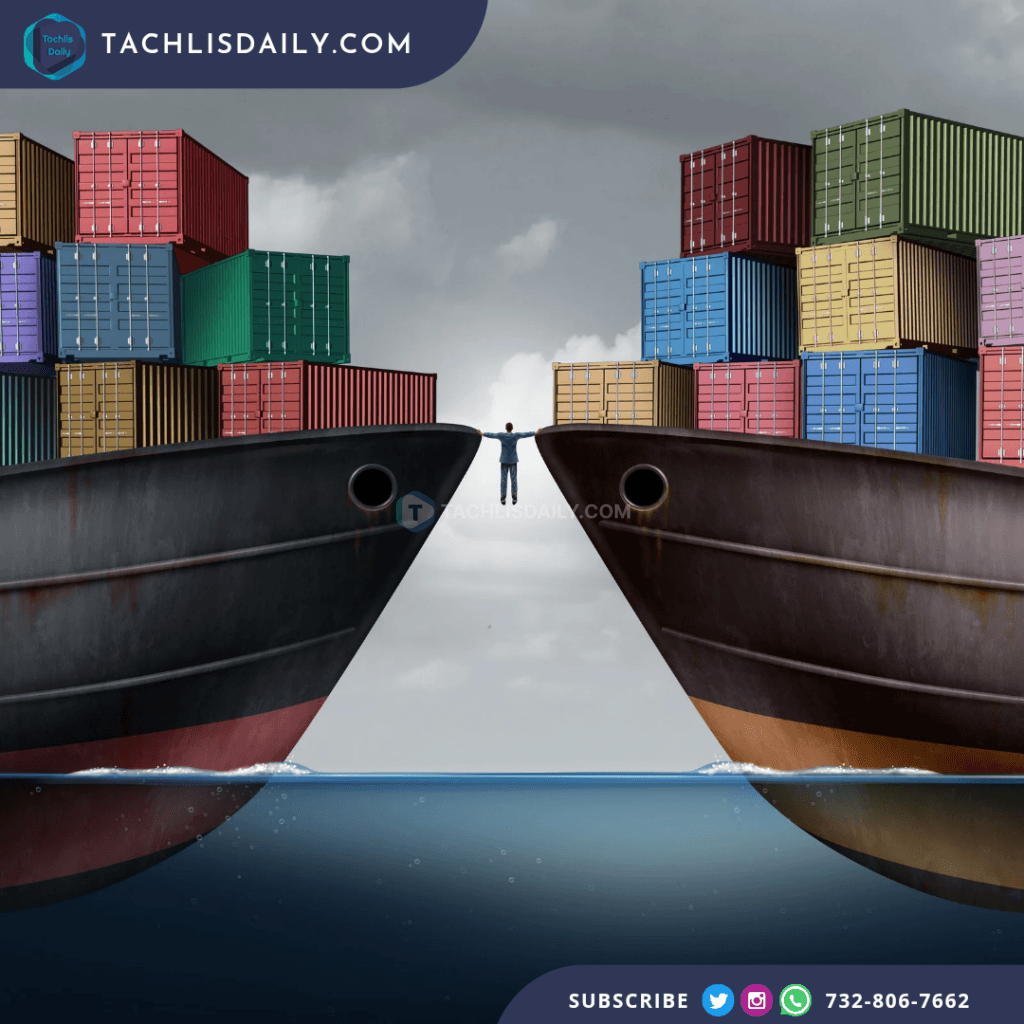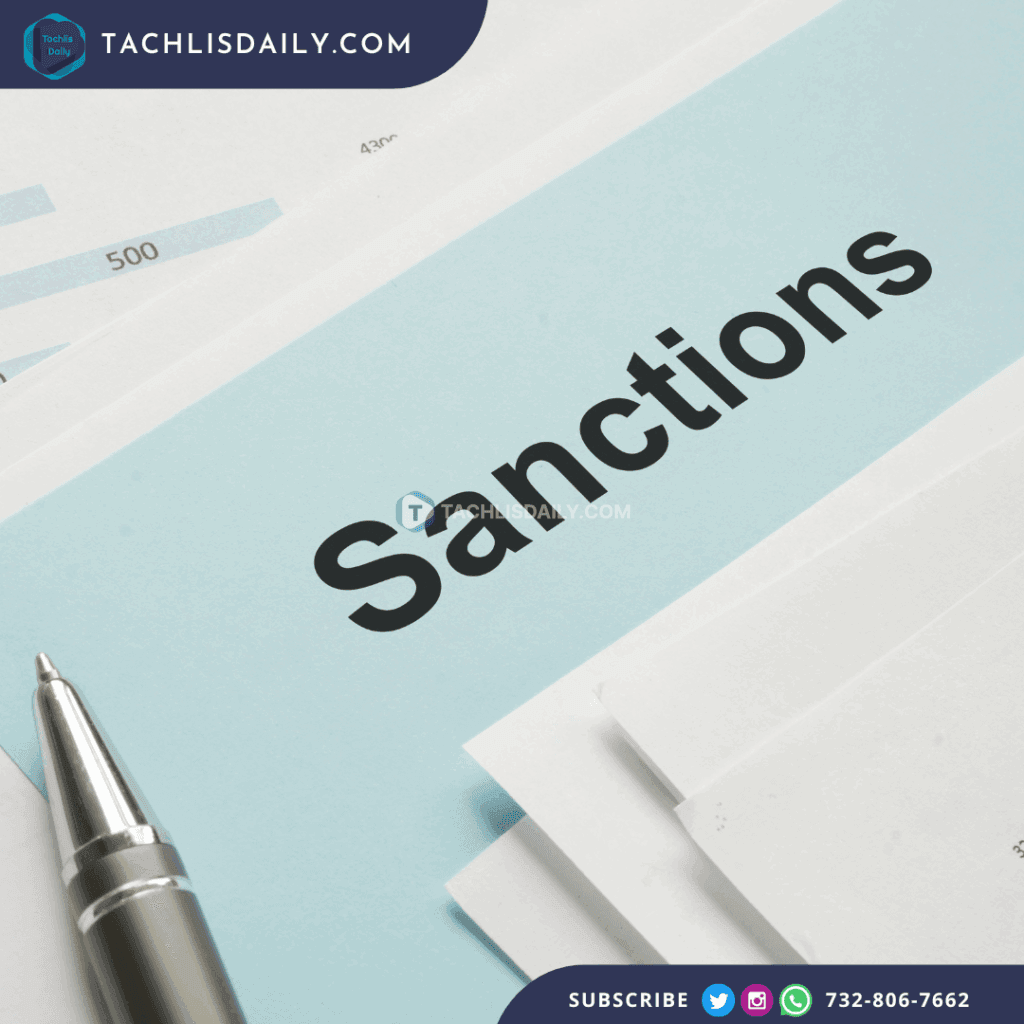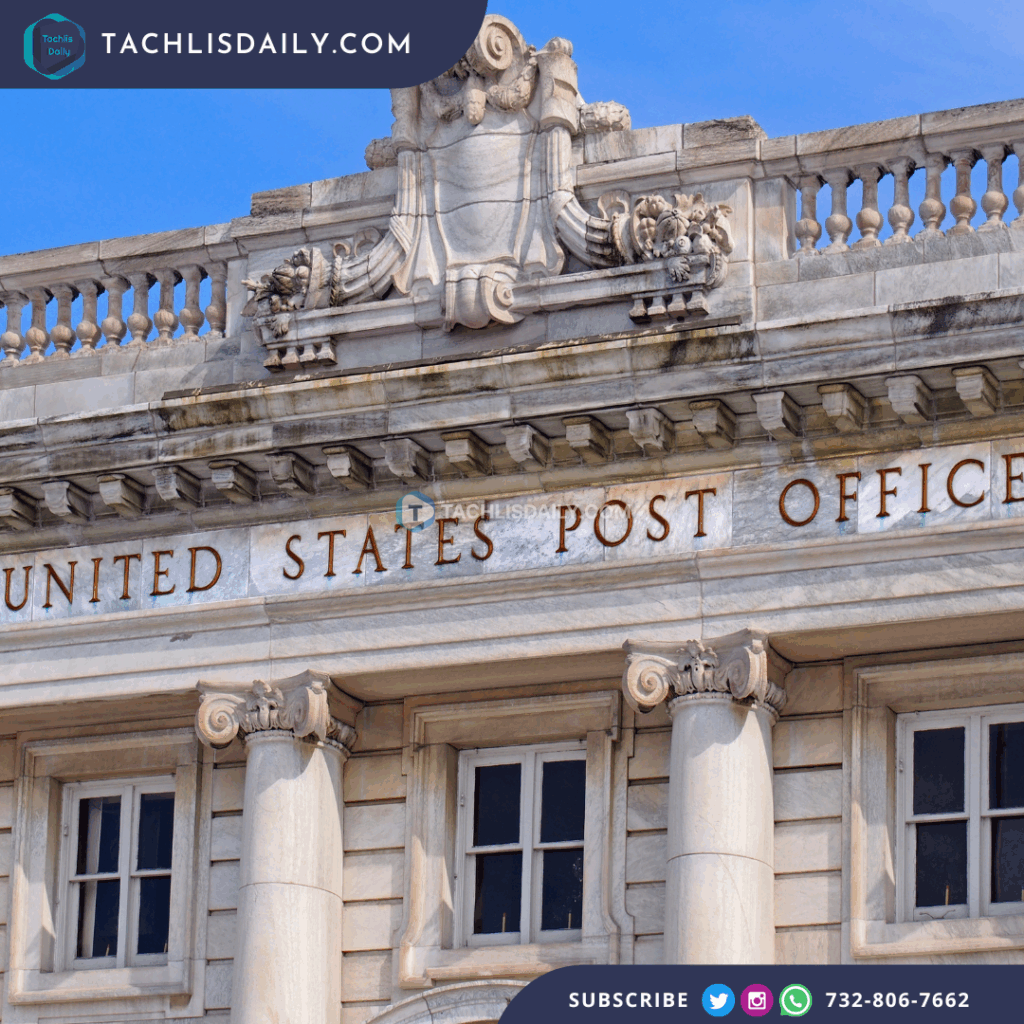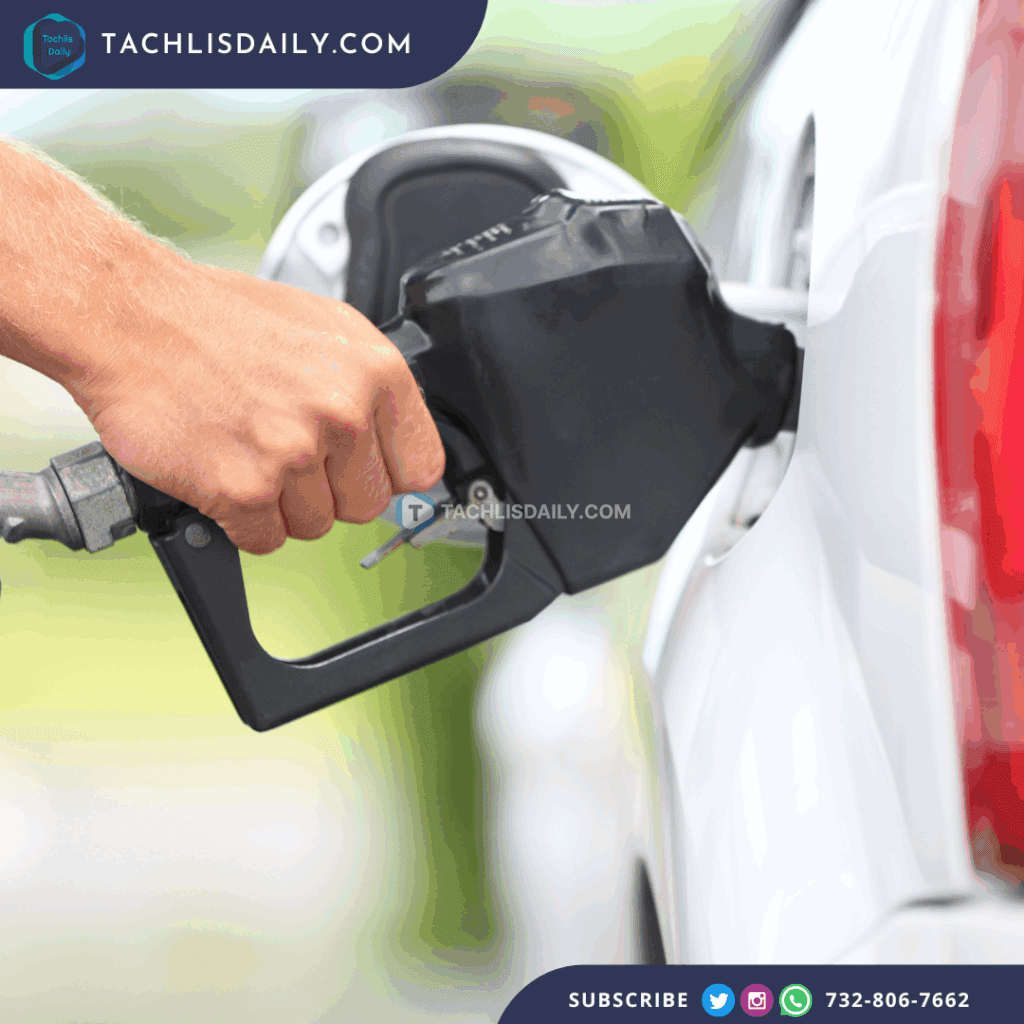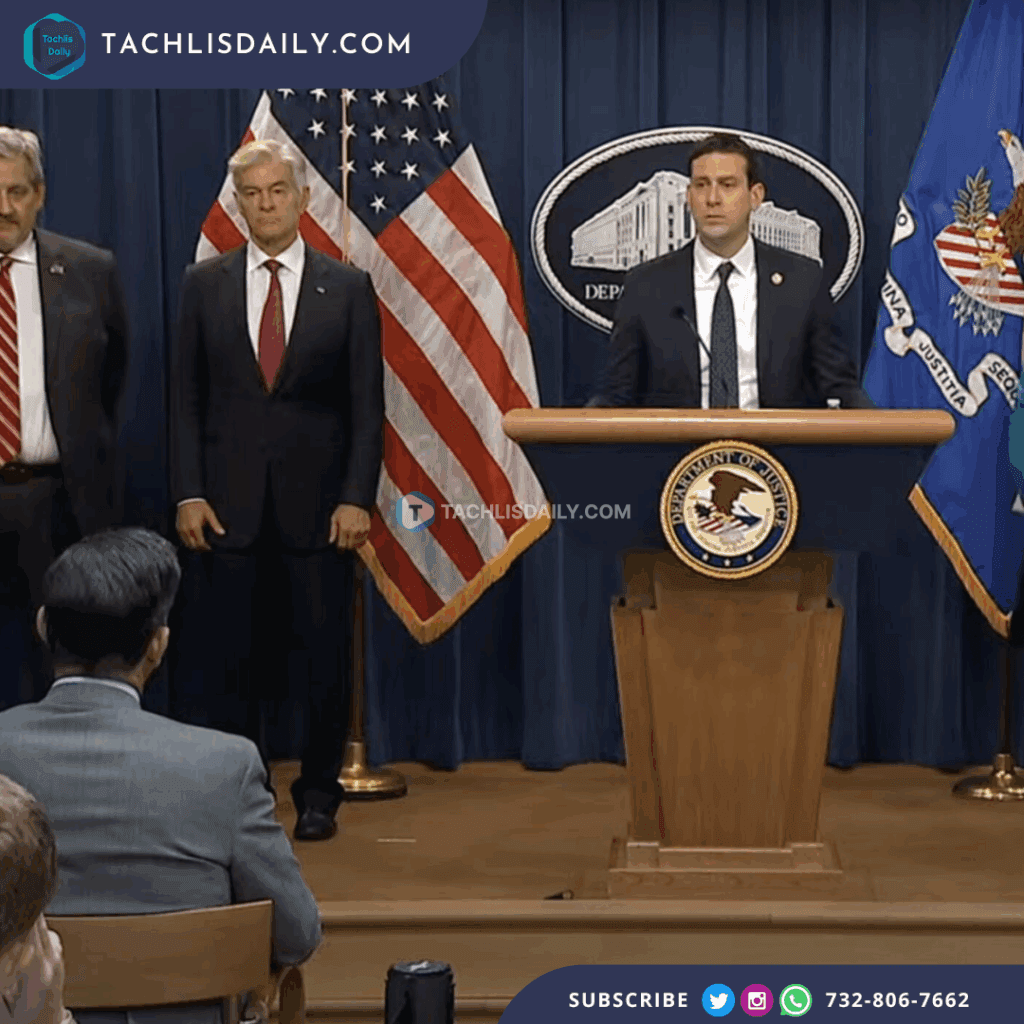President Donald Trump announced a landmark trade agreement with the United Kingdom on Thursday, declaring it the first in a series of planned deals aimed at reshaping America’s global trade relationships. Framed as a step toward closer economic ties and reduced trade barriers, the agreement comes amid ongoing efforts by the administration to stabilize markets shaken by recent sweeping tariffs and escalating tensions with key trading partners.
Speaking from the Oval Office, Trump was joined by Vice President JD Vance, top economic advisers, and British Ambassador Peter Mandelson during a call with British Prime Minister Keir Starmer. Trump emphasized that the deal would open up $5 billion in new opportunities for U.S. exporters, particularly in sectors like agriculture, aviation, and manufacturing. While the 10 percent baseline tariff on all countries remains in place, Britain will receive targeted relief on specific goods, including automobiles, aircraft parts, and certain metals. Both nations have agreed to reduce tariffs on steel and aluminum as they confront growing competition from Chinese imports.
“This is a strong, smart agreement that benefits both our nations,” Trump said. “Things are going to move very quickly both ways.”
The announcement was met with optimism on Wall Street, with all three major stock indexes climbing on news of the deal. Investors welcomed the clarity amid a turbulent environment marked by unpredictable tariff escalations and global market instability. Just weeks ago, Trump expanded tariffs to over 70 countries but temporarily delayed the harsher rates to encourage negotiation. The U.K. deal represents the first concrete result of that strategy.
Despite the fanfare, economic analysts have cautioned that the agreement’s overall impact may be modest. The U.S. and U.K. conduct less than $150 billion in trade annually, and with the administration maintaining its blanket 10 percent tariff, many experts expect limited economic relief. Some remain concerned about inflationary pressures and slowed growth resulting from continued trade frictions, particularly with China. Treasury Secretary Scott Bessent is slated to meet with Chinese officials in Switzerland to address mounting tensions and escalating tariffs that have reached over 145 percent in some categories.
Critics have also noted that Thursday’s announcement lacks detailed implementation plans. The White House issued a brief fact sheet outlining broad areas of consensus, but technical details typically required for free trade deals were largely absent. Agriculture Secretary Brooke Rollins described the agreement as a framework still in development and indicated she would travel to the U.K. to finalize key provisions.
Even so, the pact marks a diplomatic win for British Prime Minister Starmer, who has made strengthening U.S.-U.K. economic ties a cornerstone of his post-Brexit strategy. Starmer, leader of Britain’s Labour Party, has cultivated a working relationship with Trump despite ideological differences, recognizing the strategic importance of the U.S. market. During the announcement, Trump praised the U.K. as America’s “oldest ally,” and Ambassador Mandelson lauded Trump for keeping his word and personally advocating for iconic British automakers like Rolls-Royce and Bentley.
Negotiations leading up to the deal reportedly saw increased involvement from U.S. Trade Representative Jamieson Greer, signaling a shift toward more focused engagement with international partners. Trump hinted that similar deals are being pursued with other allies, setting the stage for broader economic realignment amid ongoing global trade upheavals.
